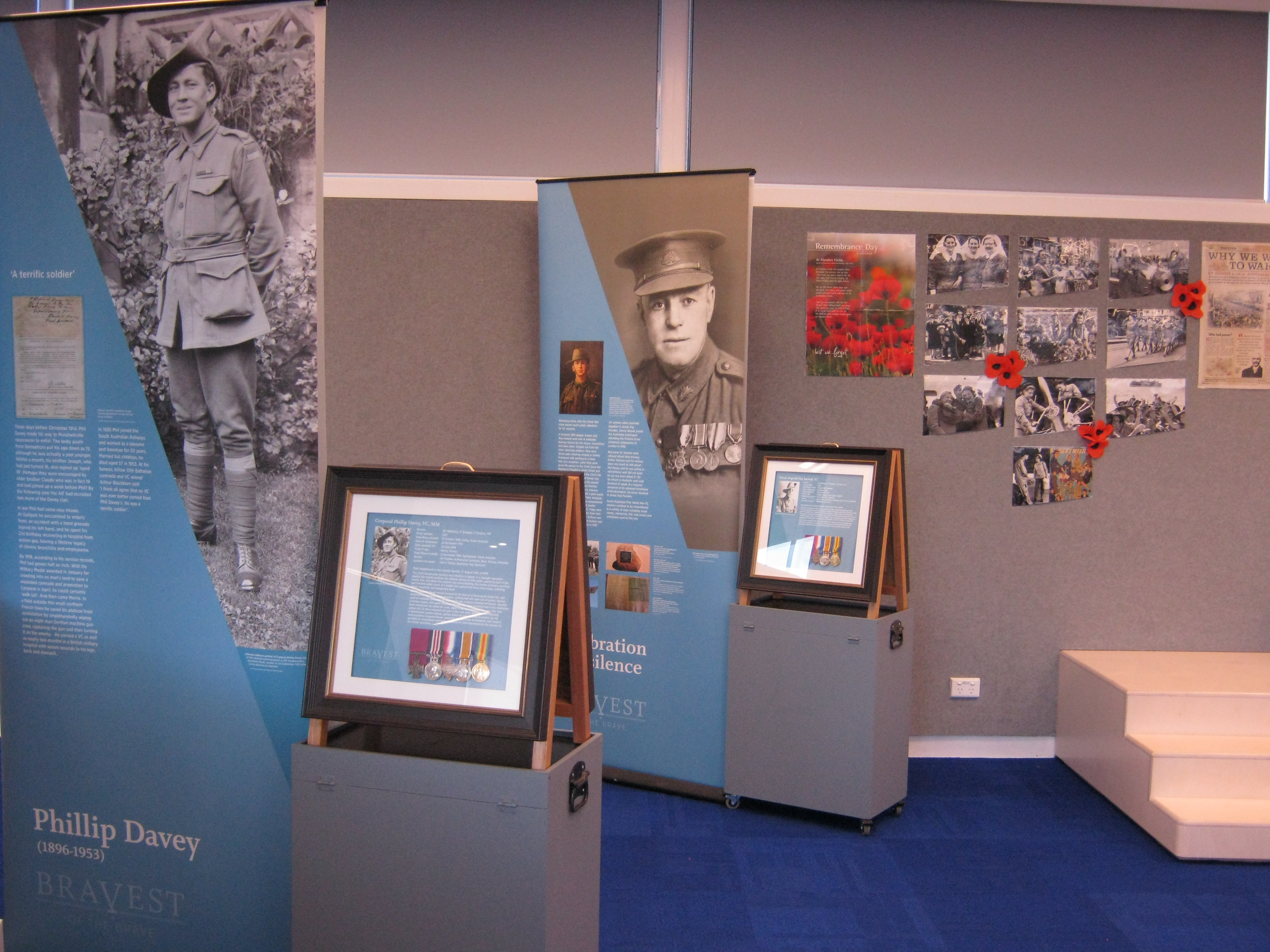Issue 108
Term 1 2019
School library spotlight: Modbury High School
What is your job title, and what does your role entail?
I am employed as a teacher librarian in a government secondary school with around 800 students. As a qualified teacher librarian, I really enjoy the range and scope of my role: teaching and learning, leadership, curriculum involvement, library management, literature promotion, and library services. In addition, outside the library, I am the school’s copyright officer and teach two subjects, Research Project and Research Practices. Our school library was also one of the 23 South Australian schools appearing on Australia’s Great School Libraries Honours List (http://bit.ly/agslhonours).
I negotiate with teachers for the team-teaching of collaboratively planned units of inquiry, or literature circles. I provide just-in-time information literacy sessions, online learning packages, media production support, and regular literature promotion lessons. Individual attention for students and staff can range from accessing resources or literature to referencing and software support/tuition.
Collection development is also a focus for me, with learning needs for multimodal information driving the curation of digital and online resources, and 24-hour access to resources and pathfinders.
I have recently accepted a new role as the library coordinator at Thebarton Senior College.
What is the most rewarding aspect of working in a school library, and why?
The most rewarding aspect of working in a school library is the opportunity to interact with a diverse range of people. It is a special privilege to be engaged in (sometimes spirited) discussions about a book, and what it means to that reader. The shared love of books and authors connects people of all ages, and refreshes me with the unique insights they bring. Connecting a reader to a book that becomes their new favourite is very satisfying, as is the challenge of enticing a reluctant reader to enjoy reading — sometimes for the very first time.
I’m constantly learning. I could be supporting a student researching the optimal Cloud user experience in one lesson, and the extent to which social media ‘likes’ are affecting the risk-taking behaviours of adolescents in the next. My role gives me scope to challenge my thinking and beliefs, while employing a repertoire of strategies and management skills to support and promote a love of knowledge and curiosity. Game on!
My learning journey so far has impressed upon me the importance of a willingness to learn, unlearn, adapt, and reflect. My professional learning networks have become invaluable sources of ideas, inspiration, and support. I enjoy these opportunities to grow as an information professional through presenting, mentoring, and passionately advocating for libraries.
What do you see as the most important part of the library’s role in the school community?
Libraries are integral to preparing learners for a life of change. Libraries support learners of all ages to experience the joy of exploration and innovation. Teacher librarians are leaders in the use of technologies in schools. I see this as fundamental to my role in the library, and vital in promoting and educating for positive ethical research practices, and information literacy skills. Qualified library staff are skilled in supporting individuals to seek, evaluate, use and create information effectively. One ongoing challenge is fostering a culture of questioning and reflection as we explicitly teach information literacy skills and digital citizenship across the curriculum so students can access and effectively use information ethically as global citizens.
How do you promote reading and literacy in your school? Are there any challenges in doing so?
The active promotion of quality literature, for individuals to achieve their personal, social, occupational, and educational goals, is a real passion for me. Literature talks have been highly successful in boosting independent reading and borrowing statistics. It is essential for young adults to find themselves reflected in young adult literature, so I read widely and often to ensure I can recommend the right book to the right person. The collection has been purposefully redeveloped over the past four years to reflect a variety of cultures and themes, meet the recreational reading interests of our diverse reading community, and provide a rich resource for the curriculum. Action research, in collaboration with the English faculty, successfully increased student completion of the Premier’s Reading Challenge.
In supporting a reading culture, I encourage a love of reading for leisure through book club and writers’ café meet-ups, parent seminars, a range of competitions, forward-facing shelves, displays, book reviews, blog posts, and special events.
How do you encourage students to make use of the library?
Teaming with the local public library and primary schools for events in the school library extends its reach and invites students in. Our library comes alive as an exhibition space for displays produced by the History Trust and student work, or as a space for events and special programs such as Library Lovers Day, CBCA Book Week, Reconciliation Week, Harmony Day, Remembrance Day, guest authors and speakers, our very popular Living Library, chess competitions, and International Games Week. Students and staff are invited to participate in lunchtime activities that have included working with Scientists in Schools, robotics, knitting, basket-weaving, TED Talks, concerts, board games, video-game competitions, and coding.

Modbury High School library hosted Bravest of the Brave, a travelling exhibition developed for the Community History Unit of History SA. (Photo supplied by Linda Guthrie)
Our spaces for quiet reading and study, including a media room, can be booked by staff and students, providing an additional opportunity to link learners with the range of physical and online resources and literature that can meet their needs.
What is your favourite thing about SCIS?
One of my favourite things about SCIS is the @scisdata Twitter account. These snippets of news, tips for resources, and links to great thinkers keep me inspired and lead me to trial new ideas. The articles and the website and app reviews in Connections add value to my practice. At times they validate choices made to support student learning and, at others, initiate creative solutions to emerging needs.
